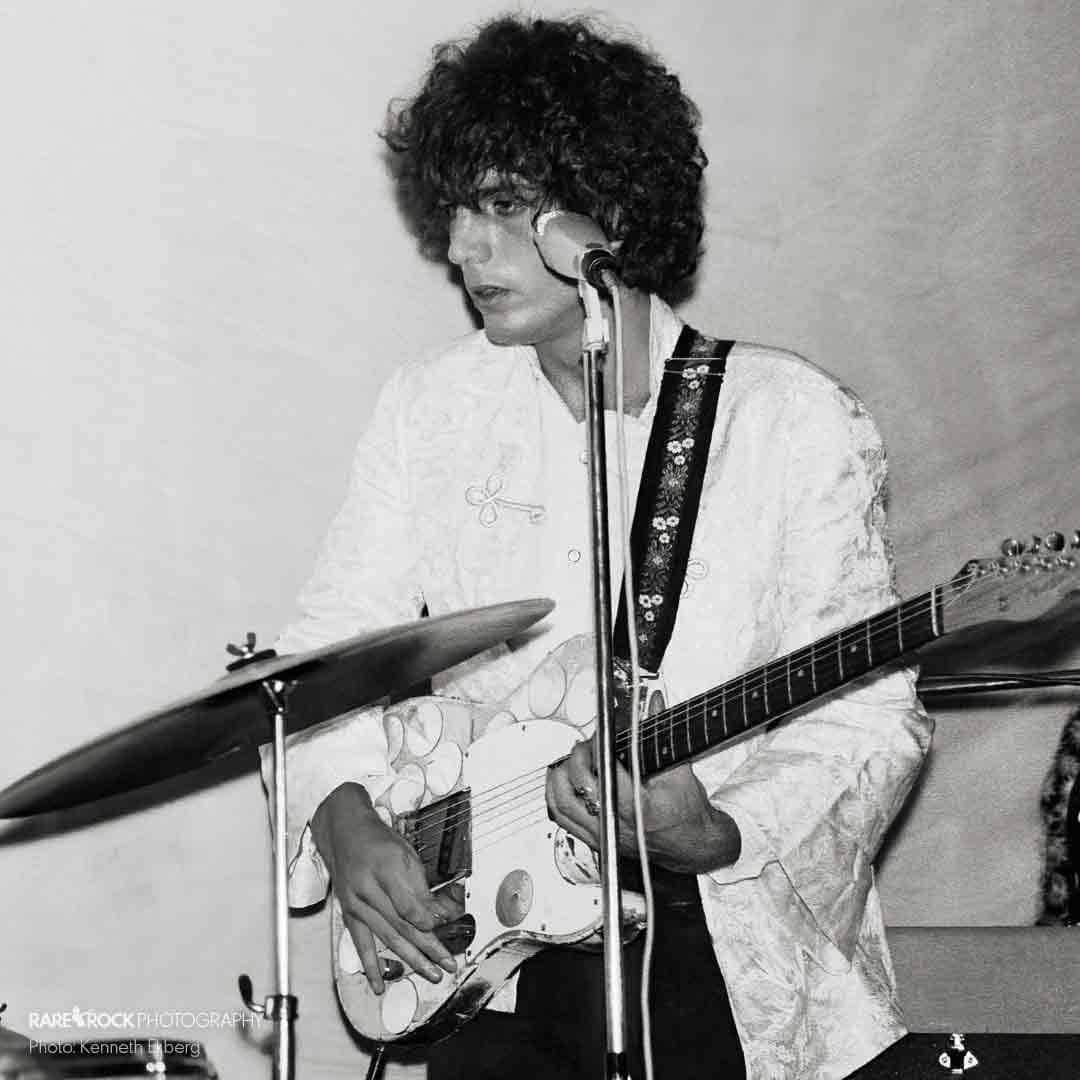News
Who Was Pink Floyd’s Lead Singer?
With their intricate arrangements and philosophical lyrics, Pink Floyd became one of history’s most successful rock bands without officially designating a frontman or lead singer. Though all members have contributed vocals, Pink Floyd’s leading voice is more complex than it seems. As the band evolved through changes while maintaining ambitious innovation, the power dynamics between Waters, Gilmour, Barrett and Wright means there’s never been one clear-cut “leader” of Pink Floyd. Join us as we explore the question – who was Pink Floyd’s lead singer? By examining the band’s entire creative arc and rotating vocal duties, we’ll uncover the closest thing Pink Floyd had to a definitive leading voice.
Table of Contents
Syd Barrett: The Psychedelic Pioneer
As the brilliant founding force behind Pink Floyd, Syd Barrett blazed onto the 1960s music scene as the band’s first frontman and principal songwriter from 1965-1968. His imaginative lyrical depth and bold sonic experimentation on the band’s debut The Piper at the Gates of Dawn fused rock and psychedelia into a landmark new sound. However, Barrett’s well-documented mental health issues and drug use led to his dismissal from the band shortly after Piper’s release. Though his cosmic creative peak met a tragic early end, his pioneering artistic vision defined Pink Floyd’s psychedelic era and enduring progressive legacy. Barrett’s bold and colorful musical strokes painted the enduring masterpiece that launched Pink Floyd’s spacecraft into the farthest reaches of outer space and inner mind.

David Gilmour: The Voice of Pink Floyd’s Peak
With Syd Barrett’s departure in 1968, David Gilmour stepped into the vital role of Pink Floyd’s lead vocalist. His uniquely smooth yet mournful voice soon became synonymous with the band’s critically and commercially triumphant 1970s recordings. Albums like The Dark Side of the Moon, Wish You Were Here, and The Wall cemented Pink Floyd as global rock royalty, thanks in large part to Gilmour’s poignant vocals and guitar work elevating tracks like “Comfortably Numb” and “Shine On You Crazy Diamond” into masterpieces. Where Barrett pioneered Pink Floyd’s early psychedelic sound, Gilmour shepherded their maturation into a world-renowned band. His voice conveyed both sensitivity and power while capturing the emotionally charged, introspective spirit that defined their peak era. For many fans past and present, the searing melodies of David Gilmour’s lead vocals remain inextricable from Pink Floyd’s finest artistic achievements and their enduring influence in classic rock history.

Want to know how Pink Floyd got their name? Click here to unravel the intriguing tale behind the band’s legendary title.
A Shared Legacy: Innovation to Renown
Though Syd Barrett and David Gilmour brought divergent strengths to Pink Floyd, their respective eras proved symbiotic. Barrett generated avant-garde innovation integral to Pink Floyd’s foundation – his astral lyrics and shimmering songcraft established their psychedelic mystique. Upon Barrett’s 1968 exit, Gilmour honed that visionary template toward stylistic focus and mass appeal. For over a decade as principal singer-songwriter, his alt-blues brooding crystallized the band’s brooding progressive grandeur and commercial zenith. Where Barrett sparked galactic creative exploration, Gilmour translated that spark into a musical legacy for the ages. Together their talents built Pink Floyd into progressive rock titans spanning the decades. Barrett may have launched the spacecraft, but Gilmour sent their strata-bound mythos into perpetual orbit around the farthest reaches of superstardom.
Though Pink Floyd’s storied career featured several iconic frontmen that left an indelible impression, Syd Barrett and David Gilmour proved the most instrumentally impactful lead singers. Barrett’s psychedelic innovations built their foundation, while Gilmour took the baton and shepherded Pink Floyd’s creative progression and mainstream popularity to legendary musical heights in the 1970s progressive rock era. Their symbiotic eras continues to shape perceptions around lead singers central to the Pink Floyd mystique.




